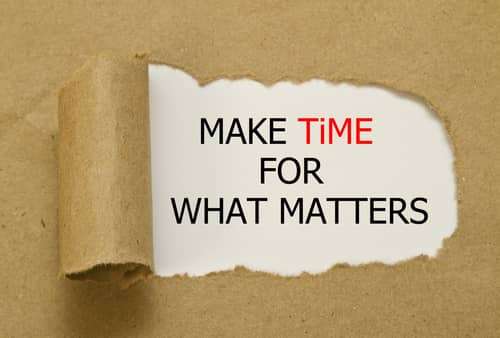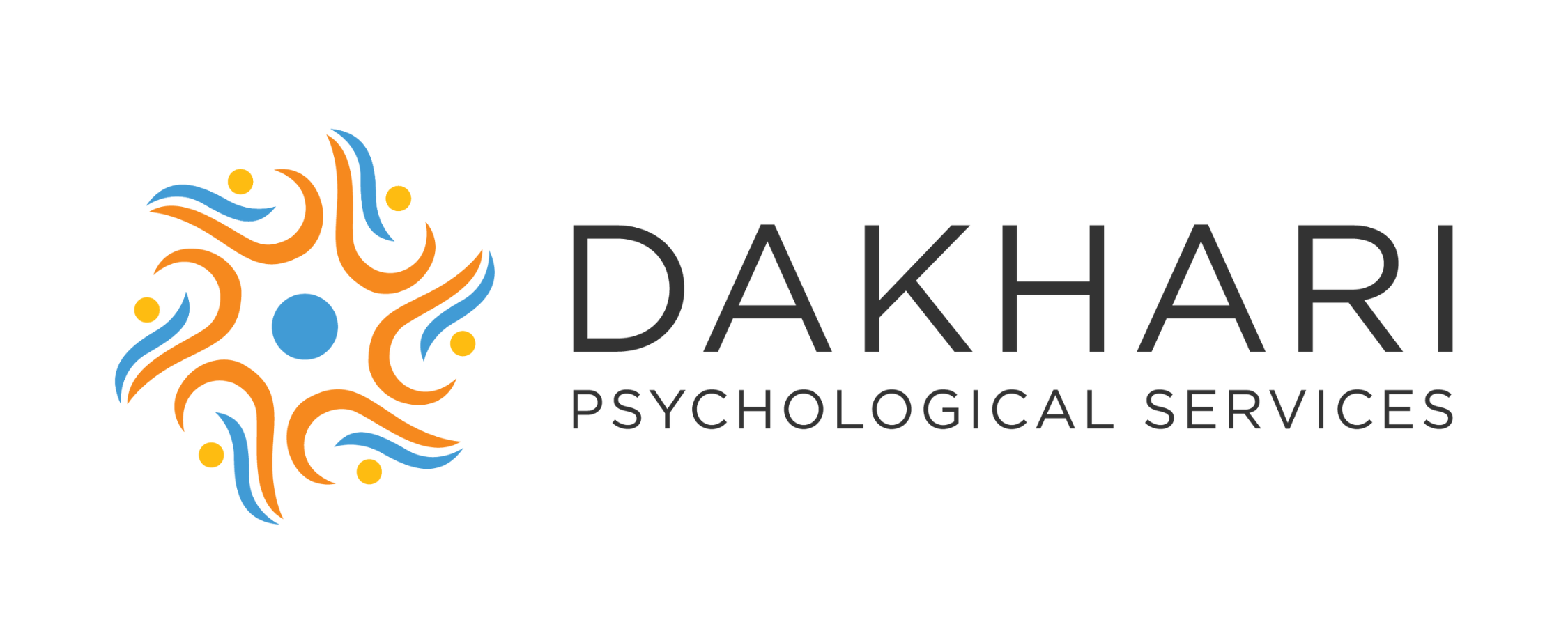If you always drive yourself to give 110%, it’s easy to turn every task into a mental marathon – feeling like you’re running a never-ending race. Each new item on your to-do list can start to look like a big challenge rather than a quick job. The pressure to perform can make even a simple email or a routine meeting seem draining. This style of working—feeling like every task must be a “mental marathon”—often leads to stress and burnout, even for those who thrive on high standards.
You want to succeed without losing your spark or your health. Let’s dig into why you might overthink everything and how you can take a smarter, more sustainable approach. With a few practical shifts, you can excel without feeling exhausted.
Understanding the Driven Mindset
Driven people often struggle to keep things in perspective. You’re used to aiming high, setting big goals, and caring deeply about every outcome. These traits build success but can also turn quick chores into epic battles.
At times, you might catch yourself sweating over details that matter little, or feeling anxious about basic tasks. This isn’t just about “wanting to do well.” It’s a tug-of-war between your desire for excellence and the very real risk of burnout.
Perfectionism & Burnout: The Double-Edged Sword
Perfectionism can have roots in external praise, high standards, or even fear of making mistakes. It’s why you check your work three times or rewrite emails over and over. This drive for flawlessness can help you stand out, but often, it steals your time, focus, and peace of mind.
You start with good intentions. Maybe you think a “quick draft” will take ten minutes. Hours later, you’re still tinkering. You worry a typo or a poor first impression could cost you. Instead of moving on, you get stuck, worn out by what should have been a small effort.
When this pattern repeats it can leave you drained and short on energy for what really matters.
- If this sounds familiar, you might find our post on escaping negative thought spirals and getting back to balanced thinking especially helpful: Escape Negative Thought Spirals: Your Definitive Guide to Clear and Balanced Thinking
The Anxiety-Fueled Chase for Success
Anxiety often lurks behind the need to prove yourself. Driven people worry about outcomes, others’ judgments, or missing chances. This is especially common if you’re motivated by high standards, aiming for big goals, or carrying a lot of responsibility. Each decision or email can feel disproportionately important, turning routine work into stress.
Your thoughts race: What if this falls flat? What will people think? You replay past mistakes and push yourself hard, hoping it means fewer regrets later. This cycle traps you in “work harder, not smarter” mode, fueling a never-ending to-do list.
Remember, these patterns can be common even if they are not ultimately sustainable. If anxiety or stress feel unmanageable, it’s wise to seek help from a mental health professional. This article shares ideas—not therapy.
- Feeling stuck on what to do when anxiety keeps fueling the cycle of stress and overwork? Check out our post for some next level strategies: What to Do After You’ve ‘Tried Everything’ for Anxiety
You’re ambitious and already doing a lot—make sure your wellness isn’t an afterthought. Drop your email below to subscribe and get new blog posts with practical, evidence-backed wellness tips you can start using today—no inbox overload, unsubscribe anytime. (For info only; not a substitute for professional advice.)

Strategies to Rewire How You Approach Tasks
You can stay driven and do great work without losing your sense of ease. Here’s how you can break the cycle and put your best energy where it counts.
Embrace the Power of ‘Good Enough’
Settle for “good enough” where the stakes are low. Not every task needs your best-ever effort. Sometimes, “done” beats “perfect.” Save your deep focus for the moments that truly move you forward.
Try these steps:
- Before you start, ask yourself: How important is this, really?
- Set a time limit. Stick to it. Use a timer or alarm.
- Stop and review – limiting the number of times you review, unless it’s a mission-critical job.
If you find yourself pushing past your time cap, pause. Notice if extra effort is making a difference or just raising your stress.
- If you struggle with decision overwhelm, here’s how to beat decision fatigue and make everyday choices easier: Decision Fatigue and Mental Overload: How to Make Decisions Easier Every Day
Prioritize and Delegate Intentionally
Spend your best energy on what matters most. That means learning to put some things lower on your list or finding ways to share the load. It might feel uncomfortable at first, especially if you like having control, but it’s one of the most effective ways to reduce stress and protect your focus.
Start here:
- At the start of your day, pick just one or two priorities.
- Sort other tasks by urgency or impact.
- Batch smaller jobs together, like emails, errands, or quick household tasks.
- Delegate where you can — to people, systems, or simple tools (yes, that includes letting kids handle age-appropriate responsibilities).
You don’t need to monitor every detail yourself. Create summaries, check-ins, or easy-to-follow systems that give you the highlights at regular intervals. Trust others — and the structures you’ve put in place — to handle the routine pieces, and step in only when something truly needs your attention.
Build Mental Recovery Into Your Routine
Short breaks do more than refresh you—they reset your mind and stop little tasks from becoming big obstacles. Mindfulness practices or stepping away for five minutes can help you feel more restored and keep from overthinking.
- To dive deeper, check out our post on why taking short mental buffer breaks helps you feel less rushed and more productive: Mental Buffer Time: How Short Pauses Help You Feel Less Rushed and Get More Done
Here is another tip. Try this simple routine:
- Work in focused bursts, like 25 minutes (the Pomodoro method).
- After each burst, stand up, stretch, breathe, or take a short walk.
- Mark the end of the workday with a ritual, like writing a quick gratitude note or planning tomorrow’s top tasks.
Protect your work and your rest. Boundaries matter—don’t let your phone or email blur the line between effort and downtime.
Quick Recovery Methods Table:
| Recovery Activity | Time Needed | Effect |
|---|---|---|
| Deep Breathing | 2-3 minutes | Lowers stress |
| Short Walk | 5-10 minutes | Boosts clarity |
| Mindfulness App | 5 minutes | Increases focus |
| Social Pause (chat) | 3-5 minutes | Lifts your mood |
Before you go
If you’re always pushing yourself, remember you don’t have to make every to-do a marathon. It’s possible to keep your ambition and high standards while letting go of unnecessary stress.
Start by picking just one idea from this post—whether it’s aiming for “good enough,” narrowing your focus, or taking mindful breaks. Your drive is an asset. Protect it by working with your mind, not against it.

J. Oni Dakhari, PsyD
ABOUT THE AUTHOR: J. Oni Dakhari, PsyD, is a clinical and pediatric psychologist who loves languages, is an avid traveler, and finds boundless excitement in the pursuit of knowledge and helping others.
Health Information Disclaimer: Attention Required
No content on this site, or any of the references or links, should ever be used as a substitute for direct medical advice from your doctor or other qualified clinician. The content of the blog, including any references, resources, links, or other shared knowledge, is for informational purposes only. No content whatsoever should be taken as a replacement for medical, clinical, professional advice, diagnosis, intervention, or treatment. Any action or inaction as a result of any content you consume, including within the blog, references, resources, links or other associated knowledge, is done solely at your discretion.
The blog author and associated professionals cannot be liable for any of the consequence of such action or inaction. Accessing or using any of the content of the blog, including any references, resources, links, or other shared knowledge does not create a doctor-patient relationship between the author or associated professionals and you. If you choose to contact the blog author or any associated professionals of Dakhari Psychological Services, LLC to provide personal, medical, or clinical information, this does not create a doctor-patient relationship. It’s crucial to consult with a qualified healthcare provider for individualized advice regarding your health concerns.
Affiliate Disclosure Disclaimer:
Please note this post may contain affiliate links. This means I may receive a commission if clicked at no extra cost to you.





